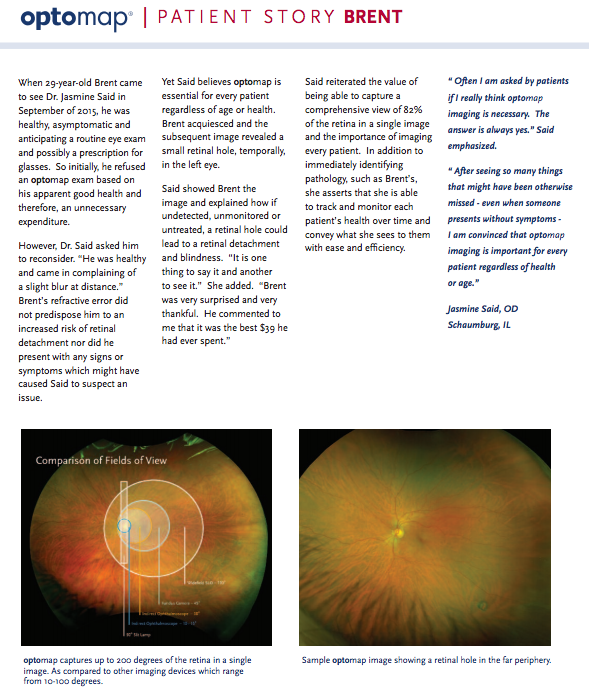This May is Healthy Vision Month. Of course, protecting your vision and eye health is important no matter what time of year, but by designating this month to eye health awareness, the National Eye Institute hopes to help Americans of all ages, lifestyles, and backgrounds take control of their health by making the necessary choices to ensure their vision and eyes are in top condition.
5 Things You Can Do to Help Protect Your Eye Health
Prevention of vision loss, blindness, and other symptoms of eye disease starts with you. Here are five simple things you can do that can drastically reduce your risk of complications from eye disease:
- Commit to living a healthy lifestyle. What’s good for your body is good for your eyes. So, eat a balanced diet full of essential nutrients, minerals, and vitamins. Drink plenty of water to keep your body and your cells hydrated. Exercise regularly and maintain an ideal weight. If you have underlying health conditions, do what you can to manage these well.
- Always wear appropriate protective eyewear. Whether at work, in the lab, on the sports field, on the slopes, or doing any other task that poses a potential risk to your eye health, be sure that you always use correctly-fitting protective eyewear, including goggles and face masks.
- Be aware of your family’s eye health history. It’s not just your eye color that you inherit from your parents! Many eye conditions are hereditary in nature, which means they can be passed on from parent to child. For this reason, knowing your family eye health history helps you become more aware of your individual risk for developing certain eye diseases, including macular degeneration, and cataracts. If any family member has been diagnosed with an eye disease, be sure to let your optometrist know.
- Wear sunglasses. UV radiation from the sun can damage the delicate cells and tissues within your eyes. Even on overcast days, these UV rays can get through the cloud cover and potentially cause damage. Invest in a good pair of sunglasses (prescription or non-prescription) that offer broad-spectrum UV protection.
- Schedule a routine comprehensive eye exam. Your optometrist or ophthalmologist can review your personal and family history, assess your vision, and evaluate the internal and external anatomy of your eyes to rule in or out any problems (to look inside your eyes, your doctor needs to dilate your eyes using specialized eye drops). If an issue is detected, treatment can be initiated as soon as possible, which can improve outcomes and slow or reverse the underlying disease process. Even if you don’t have any vision or eye problems, you should still schedule a dilated eye exam. Why? Many eye diseases develop gradually long before any noticeable signs or symptoms appear.
So, who to entrust with you and your family’s eye health? Ideally, you want to consult with an ophthalmologist or optometrist who has exceptional diagnostic and therapeutic skills, keeps up with current research, and uses advanced and high-quality technology.
optomap® is cutting-edge diagnostic technology and may assist eyecare professionals in helping tens of millions of people around the world maintain optimal eye health, and is safe to use for children, adults, and seniors.
Brent’s Story: Why It’s Worth It to Find an Eye Doctor Who Uses optomap Technology
A 29-year-old patient named Brent came to see his optometrist, expecting his routine eye exam to go off without a hitch. After agreeing to the recommendation from his eye doctor to have his retinas digitally scanned with optomap, he was shocked to learn that he had a small hole in his left retina. If left unmonitored or untreated, this hole could lead a retinal detachment and possible blindness.
Traditional imaging technology, which can only image approximately 15% of the retina, versus the 82% captured by optomap, may not have detected this pathology. This is a powerful example of the important role of advanced digital technology like optomap, even for people who believe they have perfect vision.
Click here to learn more about optomap or to find a doctor who uses optomap in their practice.
Source:
https://nei.nih.gov/hvm/about_hvm
